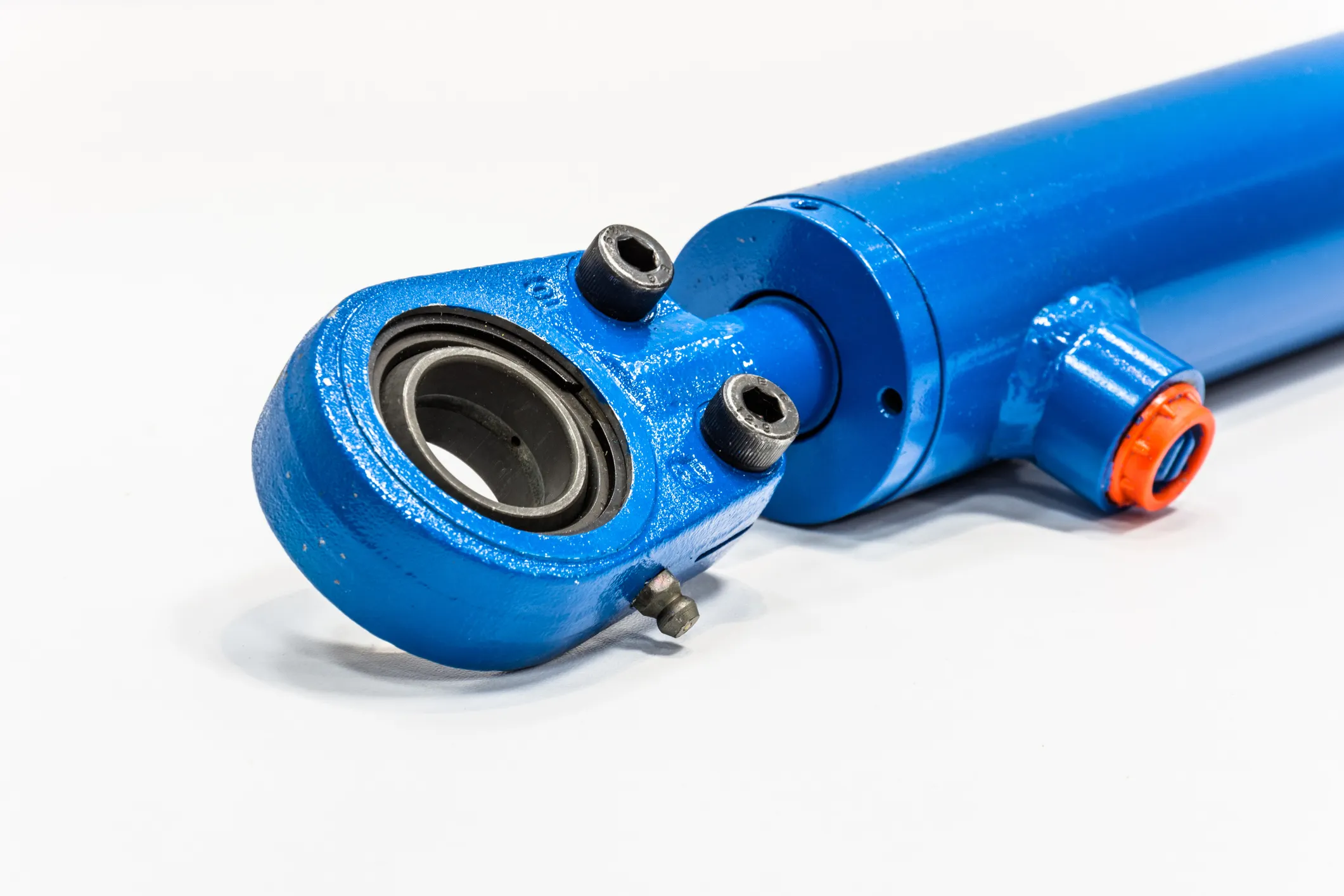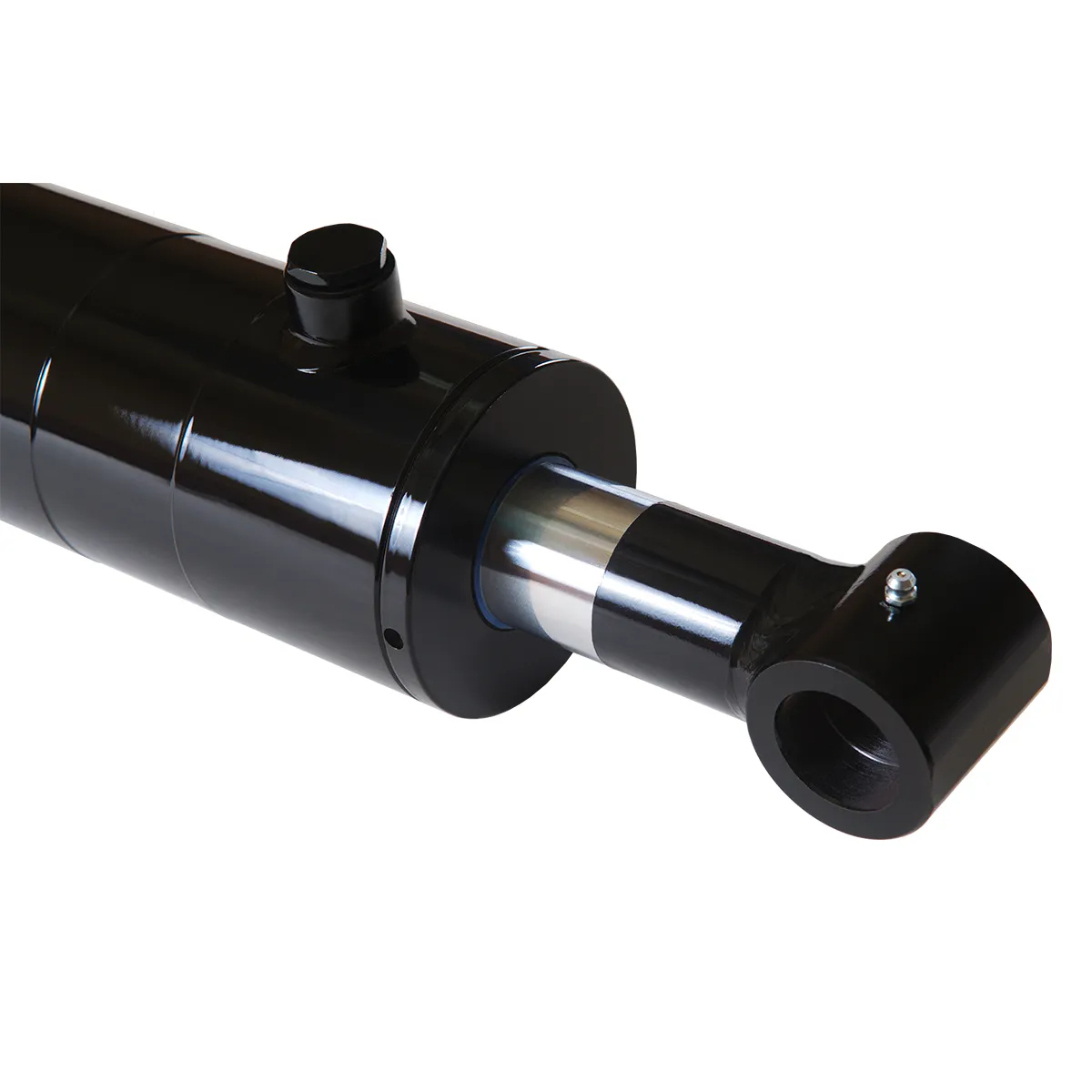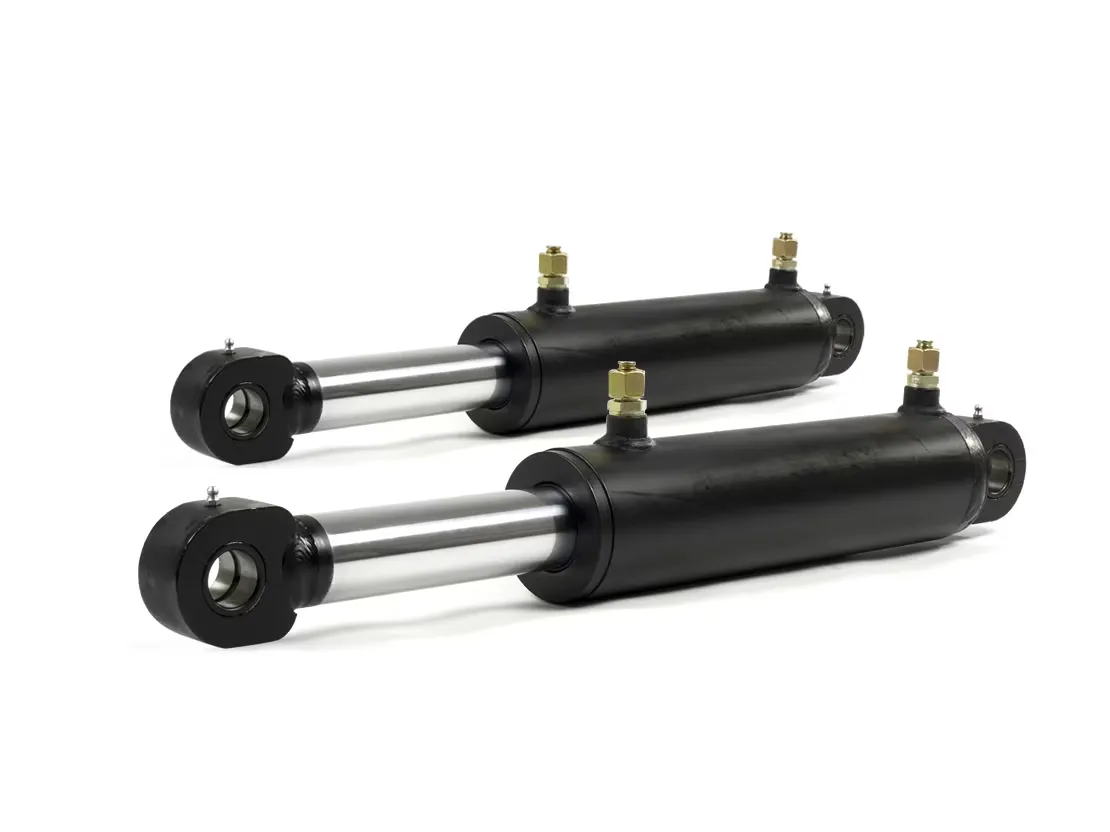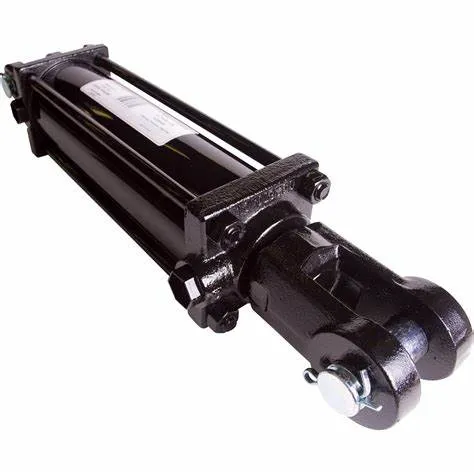The Role Of Telescopic Single-Acting Hydraulic Cylinders In Construction Machinery
Introduction to Telescopic Single-Acting Hydraulic Cylinders
Telescopic single-acting hydraulic cylinders are essential components in hydraulic applications, providing efficient force transmission and precise control. These cylinders feature a unique design that allows for gradual expansion, enabling them to extend their length from a compact form when hydraulic pressure is applied in one direction.
Design and Construction Characteristics
- Structure: Telescopic single-acting hydraulic cylinders comprise main components such as the outer cylinder, internal stages, piston, and seals. The internal stage allows for gradual expansion, usually in a two- or three-stage design.
- Materials: These cylinders are built with high-strength steel for durability, aluminum for lightweight applications, and corrosion-resistant coatings to ensure longevity.
Working Principle
The basic working principle of telescopic single-acting hydraulic cylinders involves the telescopic action that extends their length from a compact form when pressure is applied, and contracts with the help of a spring or gravity. This mechanism allows for efficient force generation and control.

Types and Configurations
There are three different types of telescopic single-acting hydraulic cylinders available, each with unique configurations to suit various applications in construction machinery.
Advantages
- Space Efficiency: These cylinders can expand significantly while remaining compact when contracted, making them ideal for limited space applications.
- High Force Output: They can generate large amounts of force in lifting and driving operations.
Application Scenarios
Telescopic single-acting hydraulic cylinders find applications in various industries such as construction, agriculture, and transportation, providing versatility and reliable performance in diverse settings.

Design Considerations and Selection Criteria
When choosing telescopic single-acting hydraulic cylinders, factors such as bearing capacity, sealing, durability, safety, and maintainability should be carefully evaluated to ensure optimal performance and longevity.
Sealing and Lubrication
The use of high-quality seals and proper lubrication is crucial for maintaining the efficiency and reliability of telescopic single-acting hydraulic cylinders. Regular inspection and maintenance are essential to prevent leaks and ensure smooth operation.
Maintenance and Troubleshooting
Implementing regular inspection, lubrication, and seal replacement measures can prolong the service life of telescopic single-acting hydraulic cylinders. Troubleshooting tips and preventive maintenance strategies help address common issues and maintain optimal performance.
Unit Power and Optimization
Understanding the unit power of telescopic single-acting hydraulic cylinders and optimizing their performance can enhance efficiency, energy savings, and reliability in construction machinery applications.
Common Questions
- How does a telescopic single-acting cylinder differ from a standard hydraulic cylinder?
- What are the primary components of a telescopic single-acting hydraulic cylinder?

Long-Tail Keywords
1. Telescopic Single-Acting Hydraulic Cylinder Efficiency
2. Telescopic Single-Acting Cylinder Applications
3. Telescopic Single-Acting Cylinder Maintenance
Our Company

As a leading hydraulic cylinder replacement manufacturer, we offer a complete product line and customized services to meet the diverse needs of construction machinery applications. With international certifications and a commitment to quality, we strive to provide reliable solutions and excellent after-sales service to our customers.
Author: lyl
